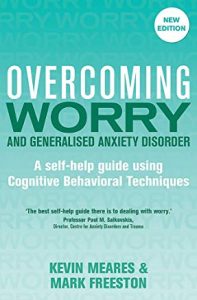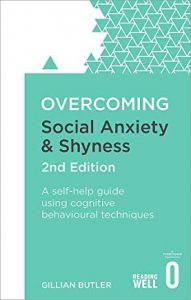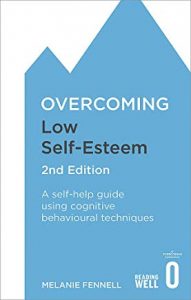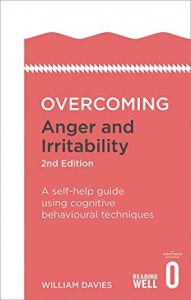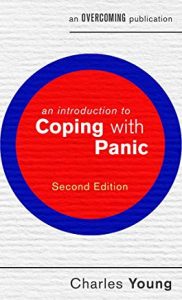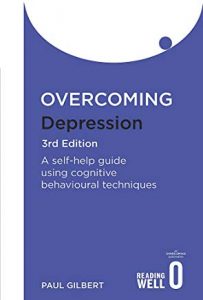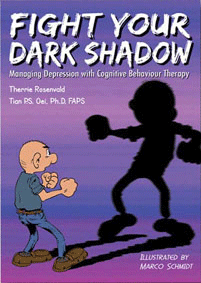When psychotherapists use the Cognitive Behavioural Therapy (CBT) model, our approach to clients is that “…we want to help them become their own therapists”
The way I sometimes describe it is that CBT is a process of Structured and Facilitated Experiential Relearning (SAFER for short), where the therapist helps the client to reduce deeply ingrained ways they have learnt think and behave, that block them from unlearning their unnecessary fear, anger, craving, sadness etc. CBT therapists do this by guiding clients towards their own discovery of these vicious circular blocks of thinking, behaviour and emotion, as well as towards discovery of how life improves as these blocks diminish. This is called Guided Discovery, and the therapist and client together make use of processes such as Socratic Dialogue (exploring the basis or long-held beliefs/assumptions) and Behavioural Experimentation (reality-testing some of these beliefs out in the world) to generate this experience of unlearning/relearning.
In principle, of course, this experience can happen without the facilitation of a therapist, and even without any obvious structure. We have all had times when we had experiences that seemed to confirm to us that we were
- very bad at something, or
- not liked by anyone, or
- never going to feel better,
only to have further experiences that disconfirmed these seeming truths (we got the hang of it, our friends gave us a surprise party, the sun came out…). However, if the negative learning has become very ingrained over time, and is being maintained by vicious cycles of negative thinking and behaviour (catastrophising, avoidance, etc), we will need at the very least a structured approach to help us with our recovery. In the absence of a suitable therapist, there are some good Cognitive Behavioural self-help books which, while they won’t provide the Facilitation part of SAFER, will at least provide suitable Structure to guide our recovery efforts in the right direction. Such books can also be a useful aid to Cognitive Behavioural work with a therapist.
Of course, buying a self-help book will not in itself “change our lives”. We have to first of all read it, not leave it on the shelf! And even then it will have minimal impact unless we follow the suggested programme” fairly diligently over a significant time period (this is one of the ways in which regular work with a therapists can help). If used well, however, some of these books can genuinely make a difference, and the majority of the ones I mention below (in the Robinsons-published Overcoming series) are available free on prescription in the UK. These are quality books, written by experts in CBT as applied to the specific topic of the book (worry, depression, anorexia, perfectionism etc). They are available at Amazon etc, and at most bookshops.
Some of the main ones I have found useful are illustrated below:
There is also a companion series of small booklets; the one on dealing with panic attacks is very helpful:
In the main Overcoming series there is a fine book on CBT for Depression by Paul Gilbert (founder of Compassion-Focused Therapy), but it is rather long, in my experience too long for many depressed clients.
I have found a very useful and accessible alternative (full of colour cartoons) at the website www.depressionmanaged.com
Happy reading 🙂

